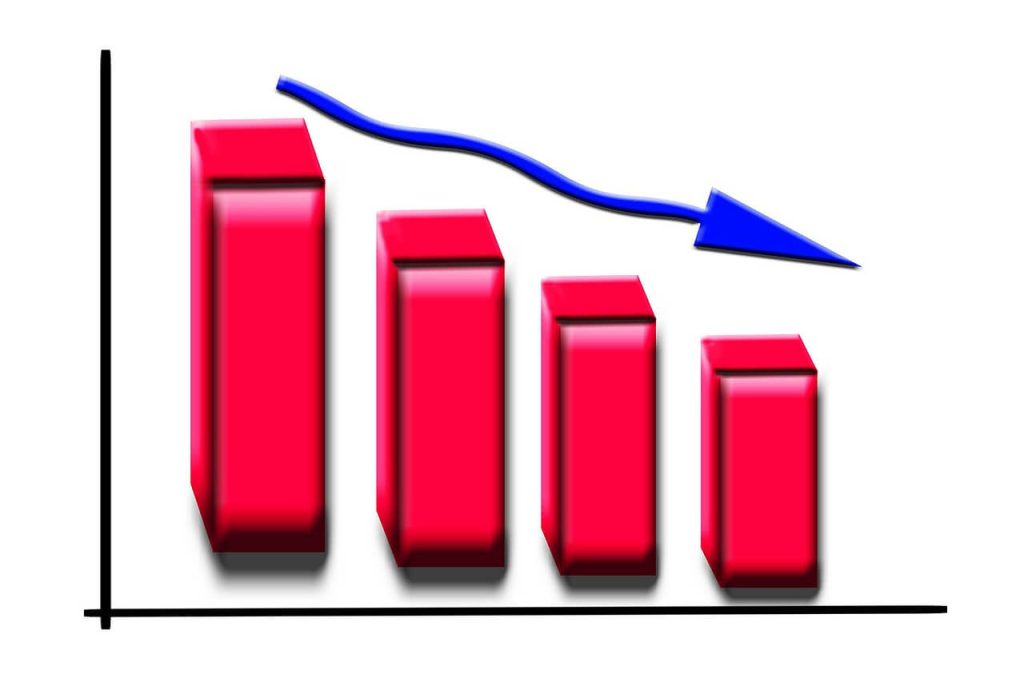Also presented was HUB’s analysis of the banking business in 2020 and the response to the COVID-19 crisis which, it was said, resulted in a significant deterioration of banks’ business results.
Net profits in 2020 dropped by 53.3% from 2019, to HRK 2.7 billion, mainly due to a drop in operating income and a growth in value corrections of financial assets — amortisation expenses.
Net interest income dropped by 5.7% on the year, net fee and commission income by 10.5% and net business income by 9.9%. “This means that banks’ income dropped a little more than Croatia’s GDP in 2020,” HUB director Zdenko Adrović said. Last year GDP contracted by 8.4%.
Banks’ capital ratio at the end of 2020 was 24.9%, ranking them among the best capitalised banks in the world, which facilitates lending and deposit growth as well as low interest rates, he said.
Deposits and lending increased in 2020
In 2020 household deposits went up 6.1% on the year to HRK 224.5 billion, while in January 2021 they were up 7.1% on the year.
The fast deposit growth is mainly a result of giving up spending or the impossibility to spend part of one’s income, said Adrović.
In 2020 household lending went up by 2.3%, with housing loans increasing by 7-8%. In Q4 alone, housing loans were up 14% on the year, while non-purpose cash loans dropped by 1% and overdrafts on transaction accounts by 5%.
Adrović said he believed that corporate and household lending would pick up in the coming period due to a rise in demand for housing loans. Part of the demand comes from the government’s subsidised housing scheme and it is also due to last year’s earthquakes, he added.
This year demand for housing and corporate loans is expected to improve and, thanks to existing interest rates, result in higher income and net profit for banks, Adrović said.
Last year corporate loans went up 5.3% while this past January they increased by 5.7%, he added.
Thanks to an average interest on long-term housing loans of 2.9% and no big pressure on interest growth, Croatia is doing very well, he said, noting that interest rates were markedly lower than in more developed countries which have been in the EU longer than Croatia, such as the Czech Republic, Hungary and Latvia.
(€1 = HRK 7.5)











